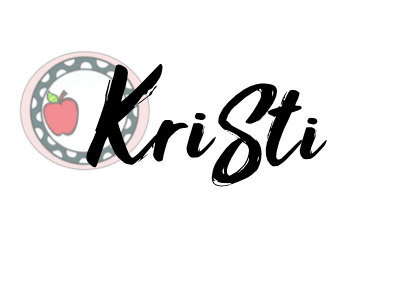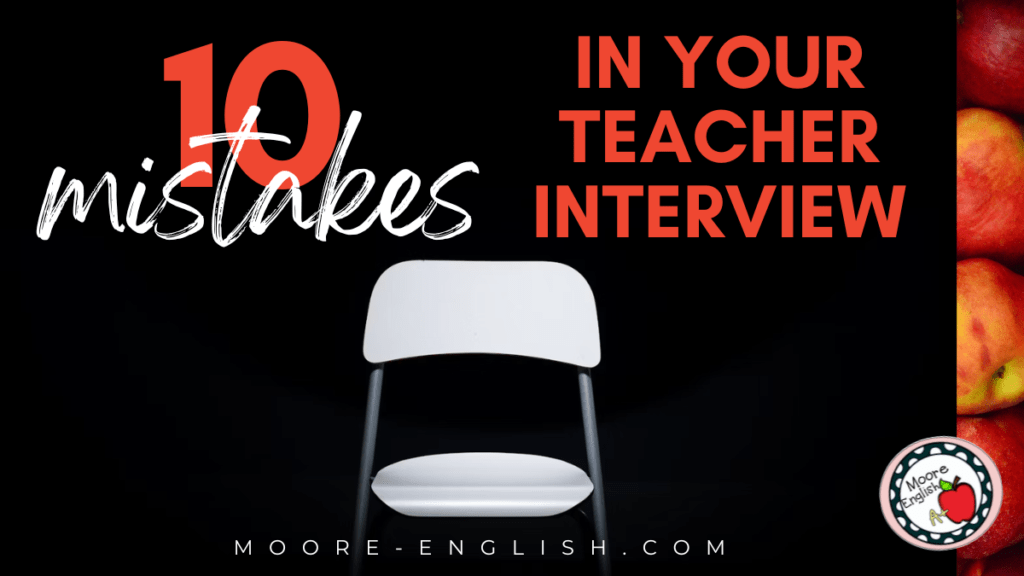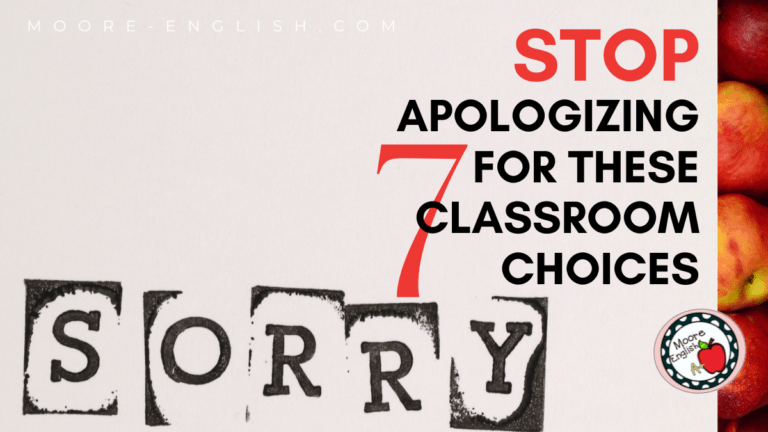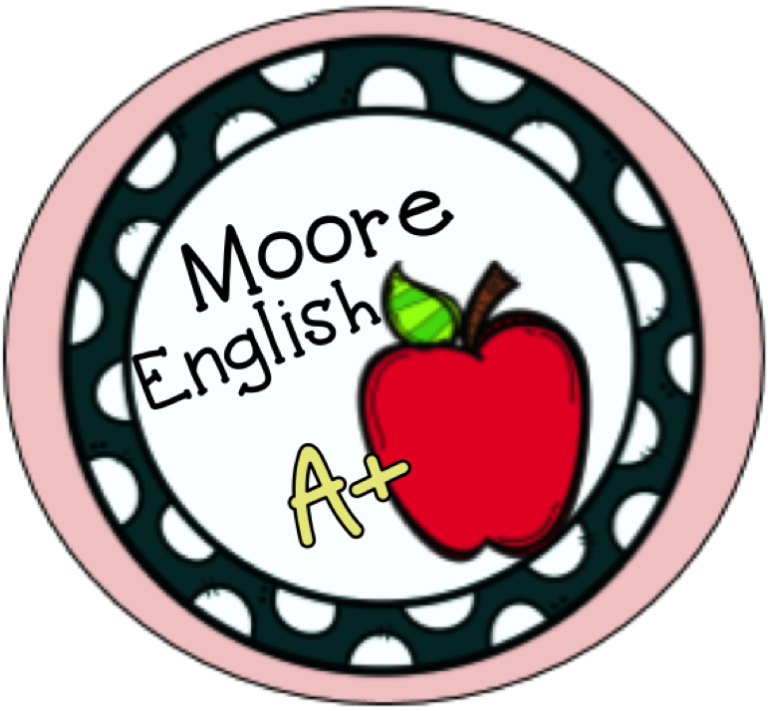As department chair, I have sat in on more teacher interview panels than I can count. Once, we held an interview on ’80s day, and I was there with my windbreaker, leg warmers, and side pony. However, that was far from my worst teacher interview experience.
Last year, we interviewed a young woman with a few years of teaching experience. We knew within two questions that we were not going to hire her, and I felt so bad. With some mentorship and guidance, she may have been more successful.
In a hiring environment where everyone is hard up for teachers, it’s disappointing to be part of an unsuccessful interview panel. So today I want to share teacher interview advice.
This post this post may contain affiliate links. Please read the Terms of Use.
5 Things You’re Doing Wrong Before Your Enter the Room
Each year, our seniors apply for a series of community scholarships. As part of the application process, students submit a resume. Nearly all of the students use a resume template from Google Docs. If you are using one of the Google Docs templates (the same as my seniors), you have probably made a misstep. The internet is full of more sophisticated options.
Similarly, please submit your documentation as .pdf files. The formatting in a Word document may get wonky, so a .pdf is a safe bet that your formatting will be safe. Absolutely do not submit your documentation as a .png or .jpeg. Finally, give your files appropriate titles.
Additionally, each school district uses different platforms for collecting your information. As you enter information into the platform, use appropriate capitalization, spelling, etc. Choosing to use all lowercase letters is not aesthetic. It makes you look immature.
Long before you begin applying for teaching jobs, you have probably secured references. Email each reference a copy of your resume or CV. This will enable your references to write and to offer more specific recommendations. When a hiring committee calls your references, they want to hear specific details about your accomplishments. It’s almost like giving your references a script they can use to brag about you!
Finally, be meticulous in preparing for your teacher interview. Think through each choice strategically. For example, if you know that you will fidget with a bracelet, don’t wear a bracelet that day. If you tend to fiddle with your hair when it’s down, wear it up and away from your face. Schools often offer potential hires a tour, so wear shoes that will allow you to comfortably move throughout a school building.
5 Things You’re Doing Wrong in Your Teacher Interview
The first thing you will be asked in a teacher interview is some version of “tell me about yourself.” Have an answer ready to go! Tell your story in a concise, compelling manner. Your story does not have to be the most unique; it just has to be honest and polished. It shouldn’t wander, confess, or pander.
Similarly, there is a good chance you will be asked about your strengths and weaknesses. Take some time to evaluate your rockstar teaching skills, and think of one area where you have a chance to grow. Do not be afraid to share your successes and strengths! Sharing an opportunity for growth communicates your willingness to continue learning.
Here are some other questions you’re likely to encounter in a teacher interview, so prepare ahead of time and master your answers. Some questions will catch you off guard, but if you spend enough time practicing in the car or in the shower, you will work through most of your uncertainty and enter the room ready to wow the teacher interview panel!
- How would your students describe you? How would your admin team describe you?
- Describe a classroom challenge and how you worked through it.
- What does your classroom management plan look like?
- How do you communicate with parents and families?
- Describe your process for lesson planning.
Especially in secondary education, you are also likely to be asked if you are interested in coaching a sport or sponsoring a club. Answer honestly. If you have a passion or an interest, share it! That might be what helps you land the job. However, if you have no schedule availability, then do not overcommit yourself! That might be what prevents you from keeping the job.
Finally, the last thing you will be asked is if you have any questions, so have some questions ready to go! Here are some options:
- How do you handle student cell phone use?
- What does special education look like in your building?
- What are your specific requirements for filling this position?
- What programs or strategies do you have in place to help students be good digital citizens?
Bottom Line: Teacher Interview Best Practices
- Anticipate questions and practice your answers.
- Be honest about who you are and what kind of position you’re looking for.
- Put your social media ducks in a row. Is there anything online you wouldn’t want a future employer to see? What pages can you put on private?
- Similarly, visit the school’s social media pages. What are they bragging about? What do the comments say? When did they last pass a bond or levy?
- Complete some research beforehand. What is the graduation rate? What is the class size? If it’s a public school, what are their state ratings and test scores? Is the district growing?
- Choose your clothing strategically so you are not tempted to fidget. On the same note, put your phone on airplane mode and don’t wear your smartwatch during the interview. It’s too easy to get distracted.
- While I love a thank-you note, the follow-up thank you has become less and less important. Make a judgement call, but I have never had my opinion swayed by a thank-you note.
Beyond the Teacher Interview
Over the years, I’ve written a lot about new and pre-service teachers. Check it out:
- 10 Tips for New Teachers
- 2 Tough Truths for New Teachers
- 11 Solutions for New Teacher Struggles
- How to Know if Teaching is the Career for You
- Dear New Teacher, Remember These Two Words













